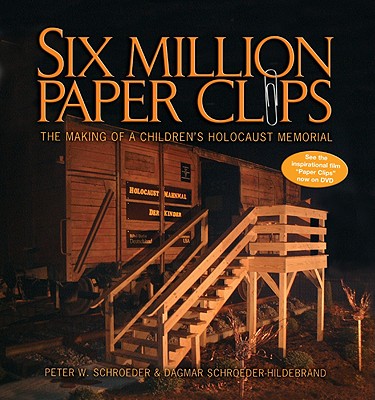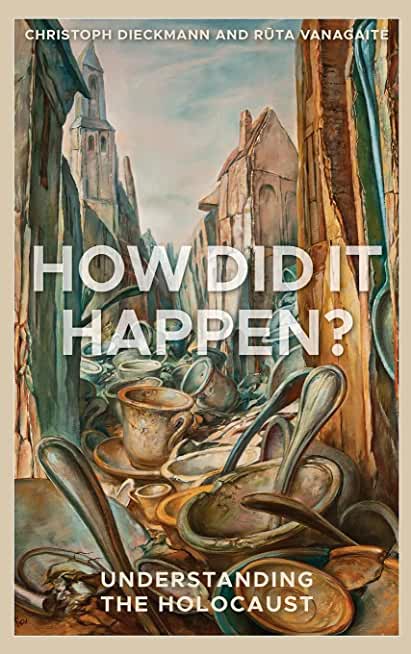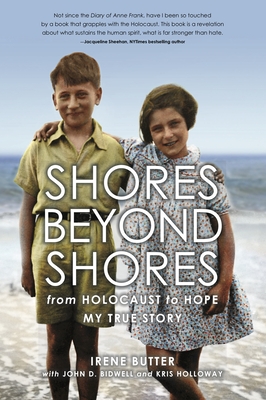
Mattogno, Carlo
Only two witnesses have ever testified substantially about the alleged Belżec Extermination Camp: The survivor Rudolf Reder and the SS officer Kurt Gerstein. For 40 years, Gerstein's testimonies were the main source of Western mainstream historiography in their attempt to reconstruct what transpired at the infamous Belżec Camp, where Gerstein said millions of Polish Jews were murdered with Diesel-engine exhaust gases in 1942.
Critical, revisionist voices were raised about Gerstein's statements early on, spearheaded by a passing remark by Paul Rassinier in his 1961 book Ulysse trahi par les siens (Odysseus Betrayed by His Own), followed by a critical analysis of Gerstein's claims in his 1964 book Le drame des juifs européens (The Drama of the European Jews), and culminating in the 1985 doctoral dissertation on The Confessions of Kurt Gerstein by French historian Henri Roque. As a result, Gerstein's testimonies are now discredited even among mainstream historians. One of them classified Gerstein's account as "a questionable source, and in some respects, it must even be classified as a fantasy."
In contrast to Western historians, Polish scholars focused on the testimonies of former Belżec inmate Rudolf Reder early on. After Gerstein had been discredited, Western historians started using Reder's various depositions to fill the narrative void created by Gerstein's ignoble removal from the Holocaustian Hall of Fame.
In the first part, the present study presents all of Reder's various statements in an English translation, then subjects them to critical scrutiny in the second part, demonstrating that they also are "a questionable source" that "must even be classified as a fantasy." After summarizing and explaining the many absurdities of Gerstein's claims in Part 3, the author juxtaposes both testimonies, which are for the most part utterly incommensurate.







